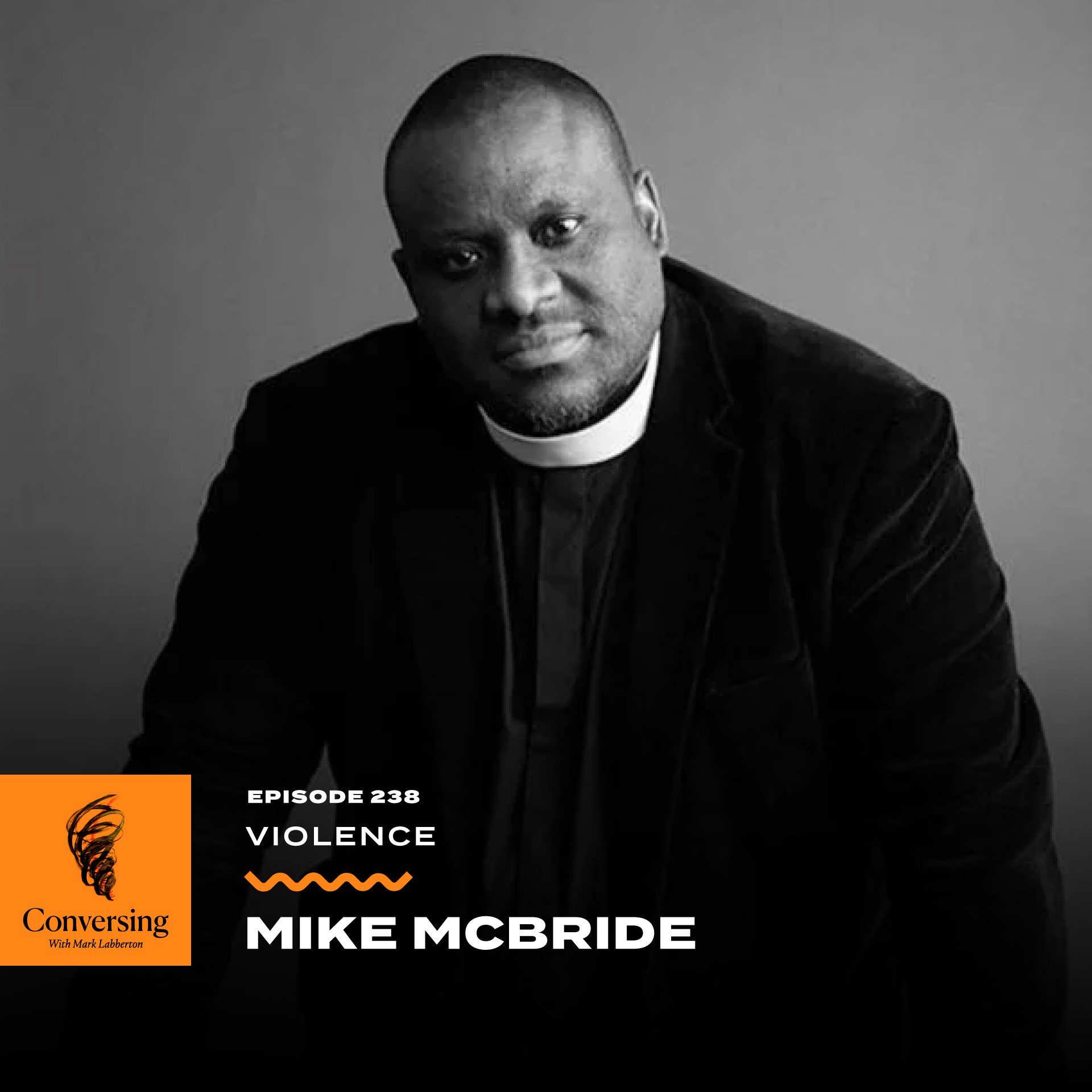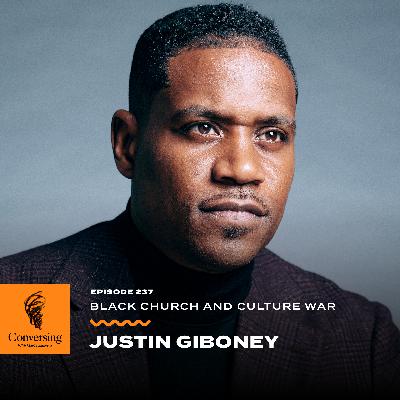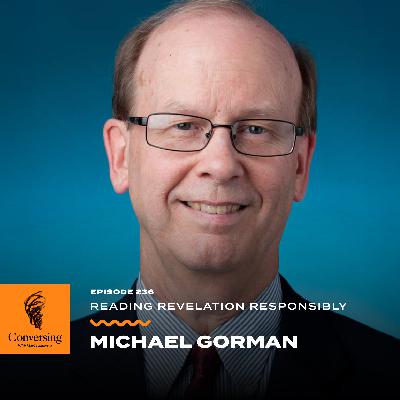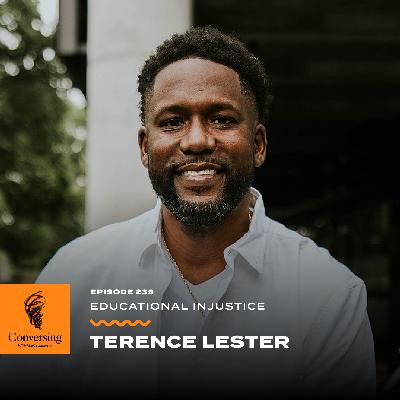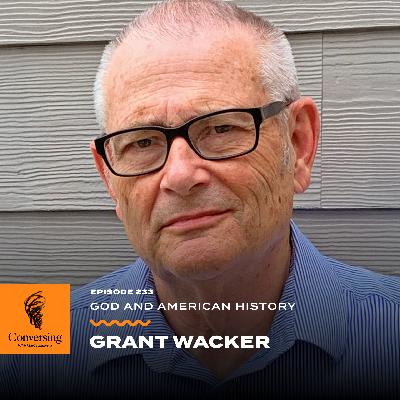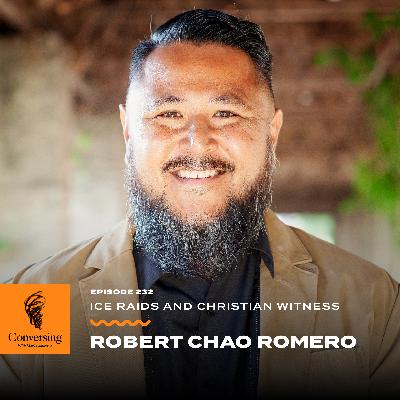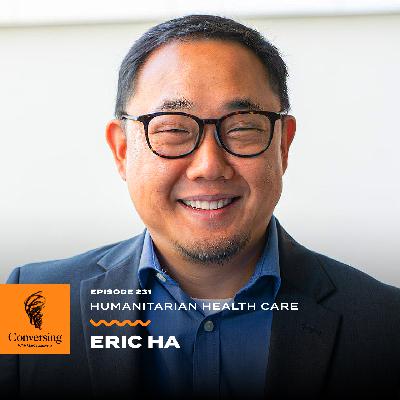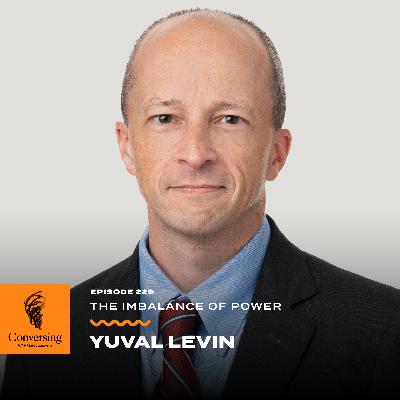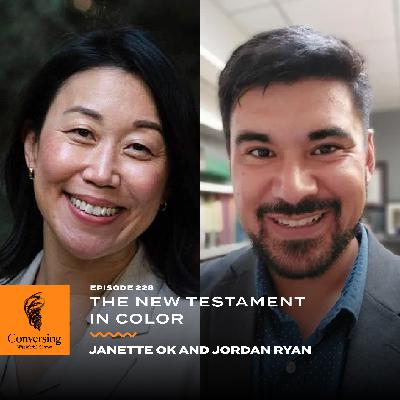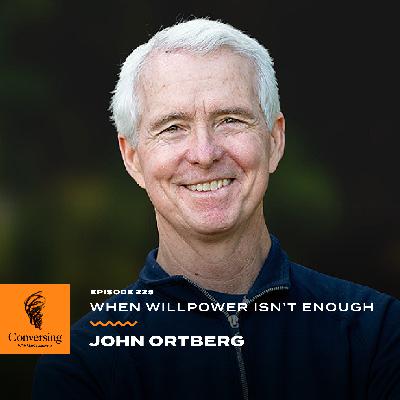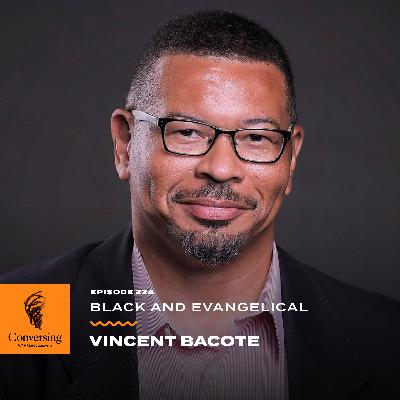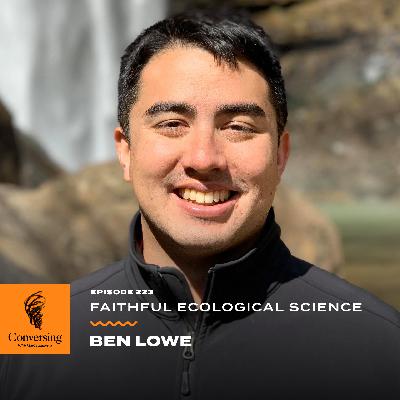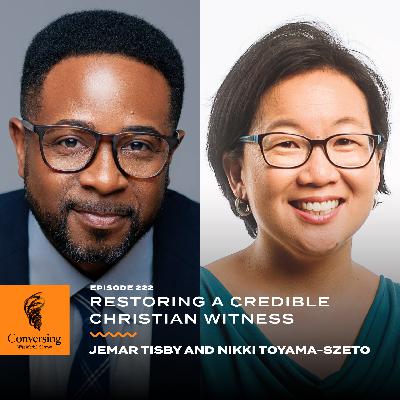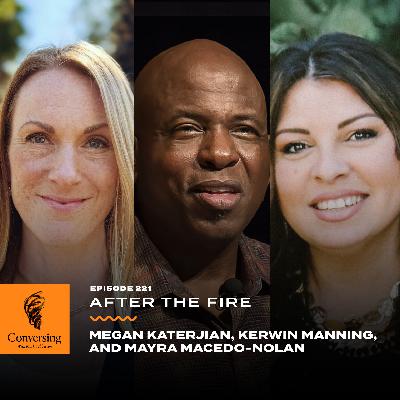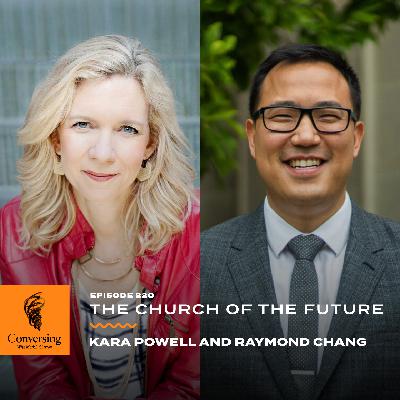Violence, with Mike McBride
Description
To exist as a black male in America is to be perceived as a threat, where criminality is attributed by default and violence is justified from racial bias. And as a young man, Pastor Mike McBride learned through personal experience that following Jesus does not protect you from the violence of the state. How could it, when Jesus himself was crucified by religious- and state-sponsored violence?
In this episode, Pastor Mike (The Way Christian Center, Berkeley, CA) joins Mark Labberton to discuss the confluence of Black Pentecostal holiness, police brutality, gun violence prevention, Christian nationalism, political polarization, racial justice, and the urgent spiritual crisis facing the American church.
From his childhood in the San Francisco neighborhood of Bayview–Hunter's Point, to the trauma of a police assault in 1999, to national leadership in Ferguson, to confronting the rise of authoritarian Christianity, Pastor Mike traces the formation of his vocation and the cost of staying faithful to Jesus in a nation shaped by anti-blackness and state-sponsored violence. His story of survival, theological awakening, moral urgency, and hopeful action is rooted in the gospel's call to respond with peaceful action against the violence of the world.
Episode Highlights
- "What is it about this gospel that their family members, their parents trust you with the salvation of their souls, but not the safety of their bodies."
- "It forced me to really have a strong come to Jesus meeting about how am I being prepared to do what I was already feeling a lifeline calling of ministry while I was starting the work of justice as a first victim and crime survivor."
- "It is some kind of delusion for us to follow Jesus who got crucified and killed by the state and then be surprised when we get crucified by the state."
- "I think there was just this sensibility that was a part of our upbringing that this is what it means to be black in America."
- "People are being discipled into racism. People are being discipled into anti-blackness."
- "I hope that feeding the hungry clothing the naked healing the sick is not something that in 2025 Christians identify as some leftist socialist liberal Christianity or we've lost it."
Helpful Links and Resources
- Live Free USA https://www.livefreeusa.org
- Roots, Alex Haley https://www.amazon.com/Roots-American-Family-Alex-Haley/dp/030682485X
- Boston TenPoint Coalition / Eugene Rivers https://btpc.org/
- Oscar Grant Case (NPR Overview) https://www.npr.org/2010/07/09/128401136/transit-officers-verdict-sparks-violent-protests
About Michael McBride
Pastor Michael McBride (often known as "Pastor Mike") is the National Director of Live Free USA, a nationwide movement of faith leaders and congregations dedicated to ending gun violence, mass incarceration, and the criminalization of Black and Brown communities. A respected activist, pastor, and organizer, he has been a prominent voice in national efforts to address police violence, promote community-based safety strategies, and mobilize churches for racial justice. Pastor Mike is also the founding pastor of The Way Christian Center in Berkeley, California. His leadership, advocacy, and public witness have been featured across major media outlets, integrating faith, justice, and community transformation.
Show Notes
- Holiness, formation, and black pentecostal roots
- Growing up as the second oldest of six in Hunters Point with deep Southern family roots
- "We grew up just very much enmeshed in a black church, holiness culture."
- Strict holiness prohibitions: no movies, no drinking, no secular music, no dancing.
- Holiness as both constraint and survival strategy during the crack era
- The world of Southern Baptist school culture colliding with black identity
- Racial Identity, Civil Rights Memory, and Family Formation
- Annual watching of Eyes on the Prize as civic and spiritual ritual.
- Leaving school to attend MLK Day celebrations: "I dare you to say something about it."
- Roots, Alex Haley, and early consciousness of black struggle and survival
- State violence, trauma, and theological turning point
- March 1999 police assault: physical and sexual violence during a "weapons search."
- "You can be following Jesus faithfully and still be subjected to violence at the hands of the state."
- The dissonance of worshiping a crucified Messiah while denying contemporary crucifixions
- Youth in his ministry revealing they didn't tell him because "we didn't think the church would do anything."
- Call to ministry, theological awakening, and training
- Exposure to church history, patristics, Thomas Merton, and MLK Jr.
- Grant Wacker inviting him to Duke; scholarship leading to seminary training
- Influence of black theologians and faculty shaping his justice imagination
- Meeting Eugene Rivers and the birth of a vocation in violence reduction and organizing
- Ferguson, activism, and the crisis of Christian witness
- Returning from Cape Town when Mike Brown was killed; sudden call to St. Louis
- Tear gas, militarized police, and "the ugly underside of the American law enforcement apparatus."
- "Our marriages didn't survive that era."
- Ferguson as exposure of the divide within the American church: respectability politics, sexuality panic, racial division
- "People are being discipled into racism … into militarism … into economic exploitation."
- Political polarization and Christian Nationalism
- 2016–present: Trumpism as a carrier of a broader reactionary Christian political project.
- Concern for Christian authoritarianism masquerading as religious fidelity.
- "You should definitely live out your convictions… but that don't mean you should kill everybody else on your hill."
- Deep grief over the church's inability to discern the danger
- George Floyd, red lines, and the urgency of now
- Summer 2020 as national smelling salt: "the banality and the violence of this state."
- The ceiling on empathy in American evangelicalism
- Targeted universalism and the need for differentiated strategies for shared goals
- Wealth inequality, homelessness, hunger, and the moral failure of Christianized politics
- "I hope that feeding the hungry clothing the naked healing the sick is not something… Christians identify as leftist."
- Participatory democracy as spiritual stewardship
- The Trinity as a model of unity-with-difference
- Holiness as public witness: protecting bodies and souls
- A charge to oppose Christian nationalism and join justice-infused faithfulness
Production Credits
Conversing is produced and distributed in partnership with Comment Magazine and Fuller Seminary.

